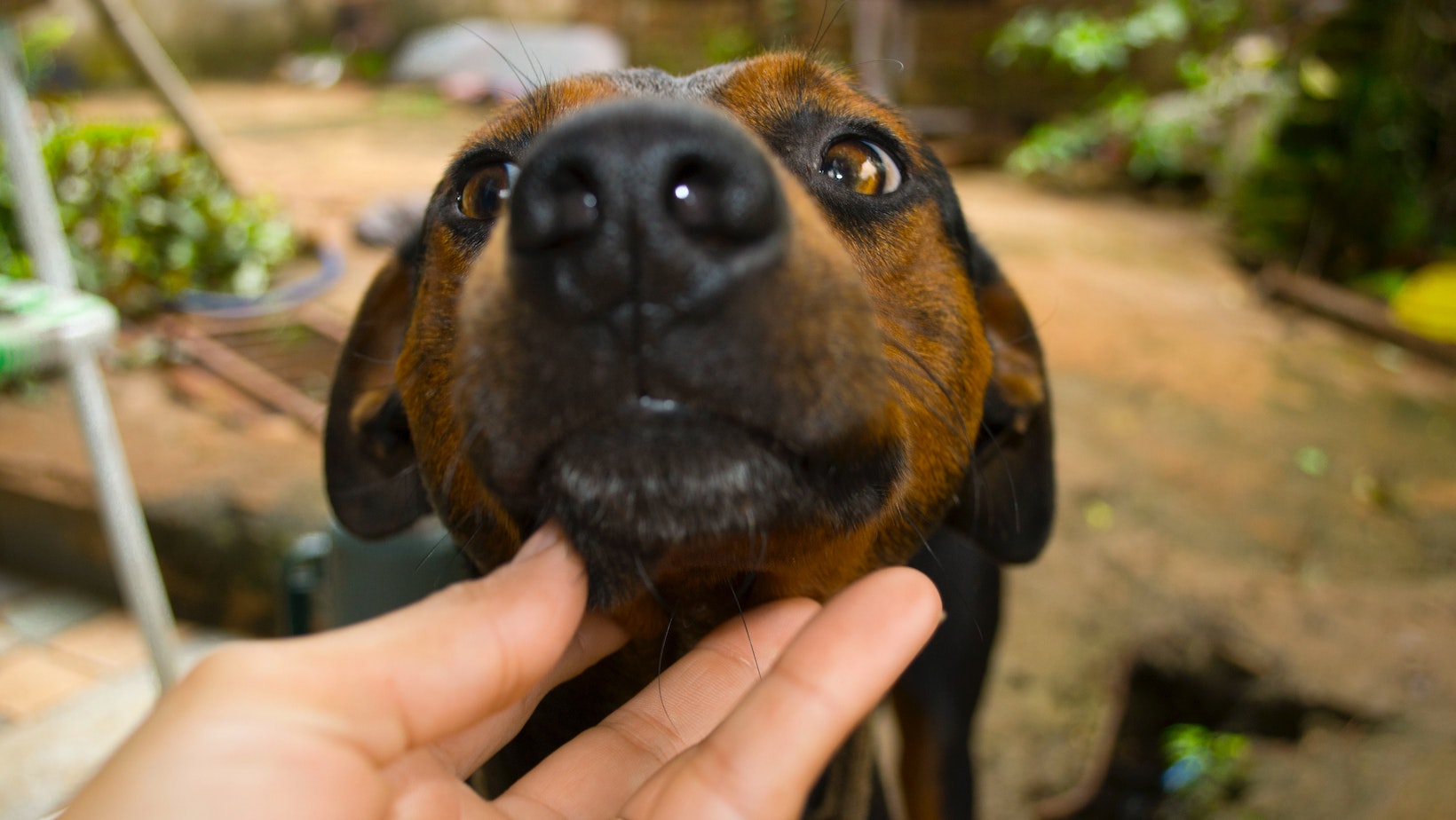Are you struggling with your Labrador’s incessant barking at people? It can be quite frustrating and embarrassing to have a dog that won’t stop barking, especially when it comes to visitors or strangers. But fear not! I’m here to help you understand how to get your dog to stop barking at people.
Firstly, it’s important to recognize that excessive barking in Labradors can stem from various reasons such as fear, territoriality, or even boredom. Identifying the root cause of your dog’s behavior is crucial in addressing the issue effectively.
One effective method is desensitization and counterconditioning. This involves gradually exposing your Labrador to people in controlled environments while rewarding calm behavior. Start by having a friend or family member approach from a distance and reward your dog for remaining calm. Gradually decrease the distance over time until your dog can calmly interact with people without barking.
Additionally, providing mental and physical stimulation through regular exercise and engaging activities can help alleviate boredom-related barking.

How To Get Dog To Stop Barking At People
If you’re struggling with your Labrador barking excessively at people, socializing them can be a valuable tool in reducing this behavior. By gradually exposing your dog to different people and situations, you can help them become more comfortable and confident, ultimately leading to less barking. Here are some tips for socializing your Labrador to reduce barking:
- Start Early: It’s important to begin the socialization process as early as possible. Puppies have a critical socialization period between 3-14 weeks of age when they are most receptive to new experiences. Introduce them to various people, including children, adults, men, and women, so they become familiar with different types of individuals.
- Positive Associations: When introducing your Labrador to new people, make sure it’s a positive experience for them. Offer tasty treats or use their favorite toy as a reward for calm behavior around strangers. This helps create positive associations with meeting new people and reduces the likelihood of barking.
- Controlled Encounters: Gradually expose your dog to different environments and controlled interactions with people. Start in quieter settings where there are fewer distractions and gradually progress to busier areas such as parks or pet-friendly events. This allows them to adjust slowly without feeling overwhelmed.
- Obedience Training: Teaching your Labrador basic obedience commands like “sit,” “stay,” and “leave it” is essential for managing their behavior around people. These commands provide structure and help redirect their attention away from barking towards more appropriate behaviors.
- Seek Professional Help: If despite consistent efforts, your Labrador continues to bark excessively at people even after proper socialization attempts, consider seeking assistance from a professional dog trainer or behaviorist specialized in working with reactive dogs.
- Providing alternative activities or distractions for your Labrador can redirect their attention away from potential triggers for barking at people. Engage them in interactive play sessions, offer puzzle toys filled with treats, or practice obedience exercises during times when visitors are expected. By keeping their minds occupied and rewarding them for calm behavior, you can help shift their focus away from barking.
Consistency and patience are key when utilizing positive reinforcement techniques. It’s important to reward your Labrador immediately after displaying desired behavior to reinforce the connection between the action and the reward. With time and practice, these techniques can help your dog overcome their urge to bark at people and create a more peaceful environment for everyone involved.
Remember that each dog is unique, so patience and consistency are key throughout the socialization process. By providing positive experiences and gradually exposing your Labrador to new people, you can help them overcome their barking tendencies and become a well-socialized companion.